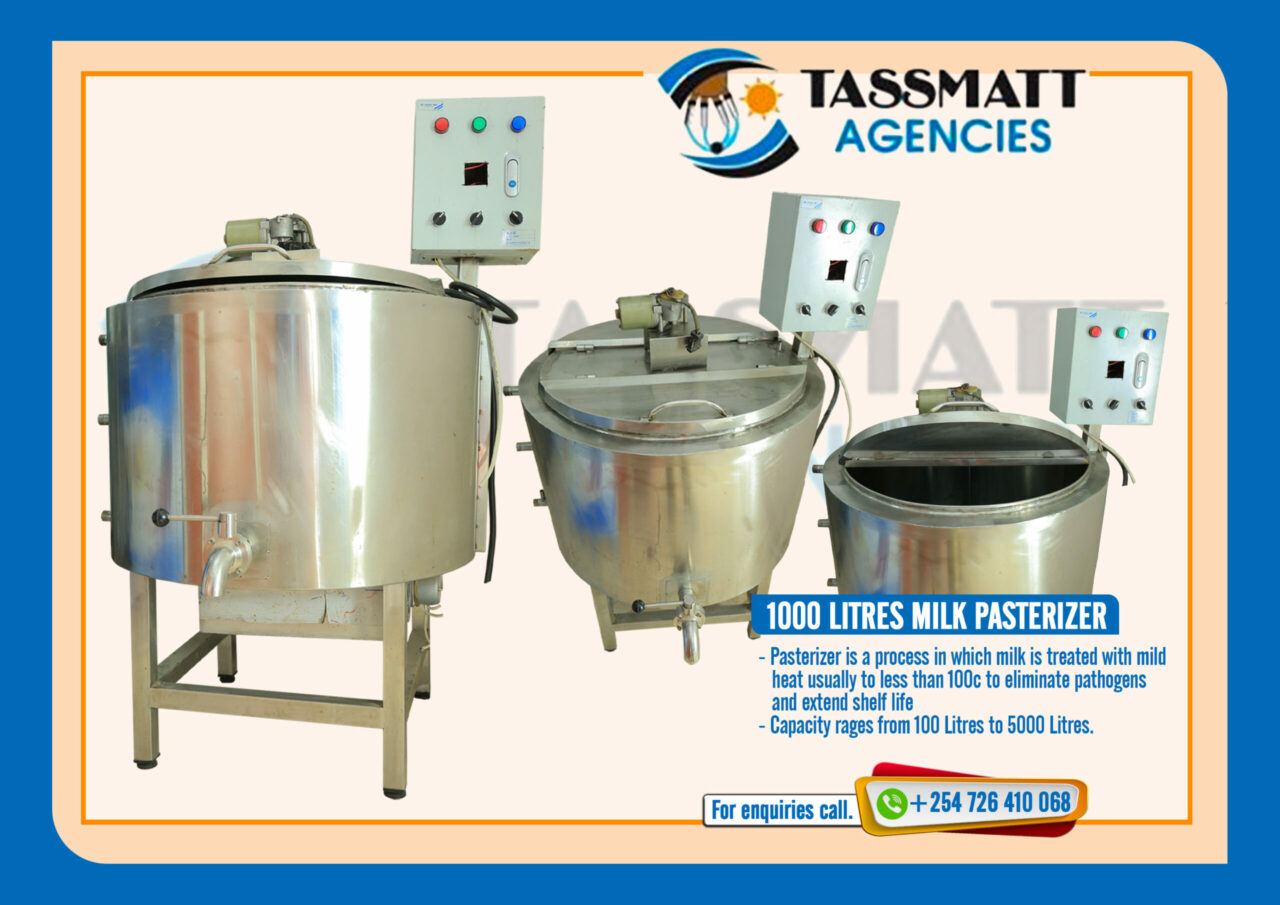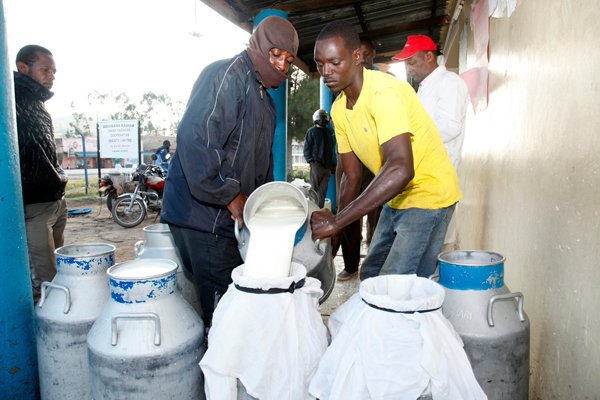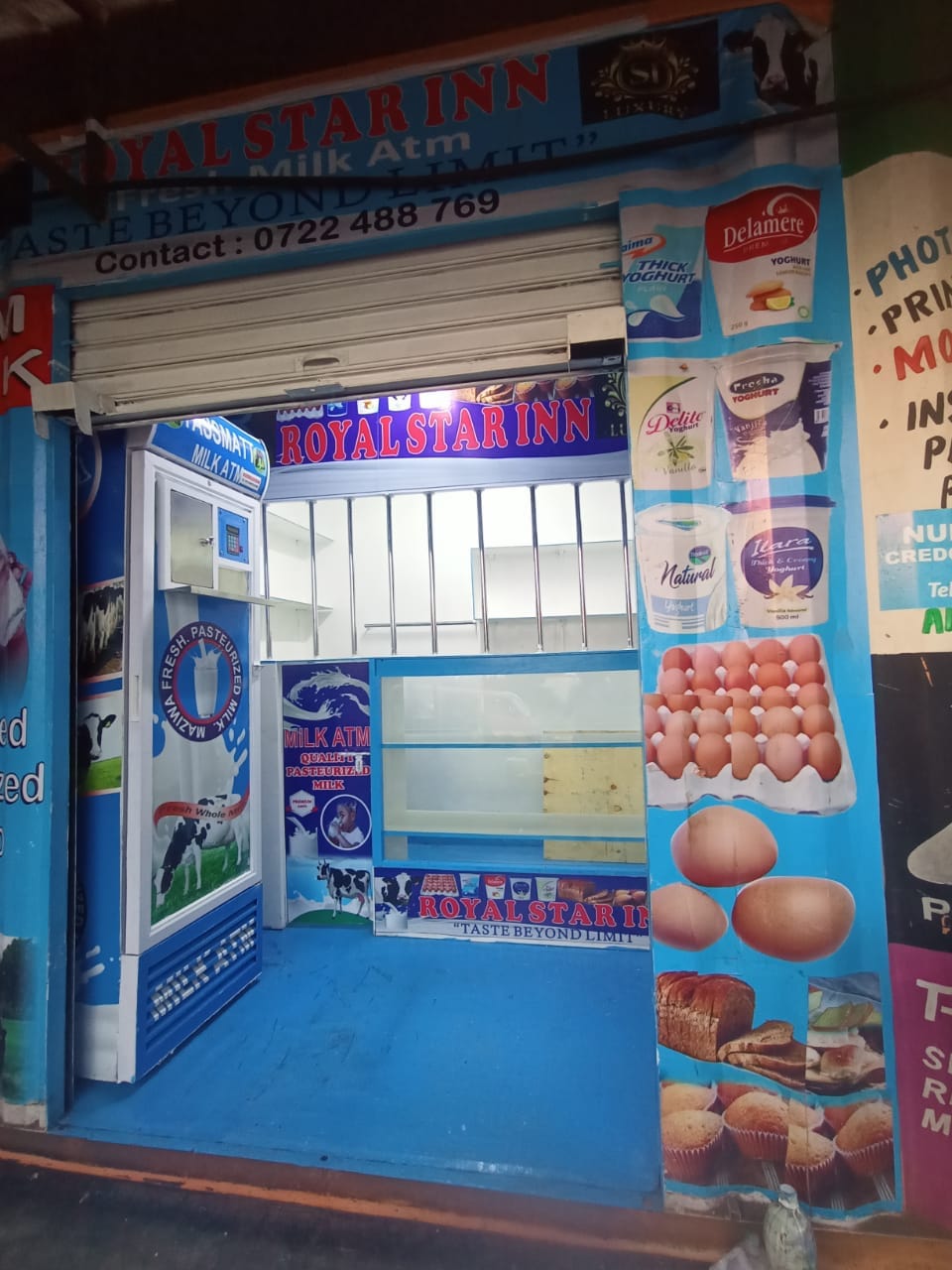Milk pasteurizers are important machines used in the dairy industry to ensure that milk products are safe for consumption. In Kenya, milk pasteurizers play a vital role in the production of milk and other dairy products by ensuring that they are free of harmful bacteria and other microorganisms that can cause illness.
Milk pasteurizers work by heating raw milk to a specific temperature and holding it there for a predetermined amount of time before cooling it down. This process kills off harmful bacteria and other microorganisms that may be present in the milk, making it safe for consumption. In Kenya, milk pasteurizers are commonly used in small and large-scale dairy processing plants.
There are different types of milk pasteurizers used in Kenya, including batch pasteurizers, which are commonly used in small-scale dairy processing plants, and continuous pasteurizers, which are used in large-scale processing plants. Batch pasteurizers work by heating a specific quantity of milk in a tank to the required temperature, holding it there for a set amount of time, and then cooling it down. Continuous pasteurizers, on the other hand, work by heating the milk as it flows through a series of pipes or tubes, holding it at the required temperature for the required amount of time, and then cooling it down before it is packaged for sale.
In Kenya, milk pasteurizers are essential in ensuring that milk and other dairy products are safe for consumption. This is especially important because the majority of the milk produced in Kenya comes from small-scale farmers who may not have access to proper storage and processing facilities. Additionally, the hot and humid climate in Kenya can make it easy for bacteria to thrive, making it even more critical to pasteurize milk properly.
Despite the importance of milk pasteurization in Kenya, there are still challenges that need to be addressed. One of the major challenges is the cost of equipment and maintenance, which can be prohibitive for small-scale farmers and processors. Another challenge is the lack of proper training and awareness about the importance of pasteurization, which can lead to unsafe milk being sold to consumers.
To address these challenges, the Kenyan government and other organizations have taken steps to promote milk pasteurization and provide support to small-scale farmers and processors. For example, the government has established milk collection centers and processing plants in rural areas, which provide farmers with access to pasteurization equipment and training. Additionally, organizations like the Dairy Development Authority (DDA) and the Kenya Dairy Board (KDB) provide technical assistance and support to dairy farmers and processors.
In conclusion, milk pasteurizers are essential machines in the dairy industry in Kenya, ensuring that milk and other dairy products are safe for consumption. While there are still challenges that need to be addressed, the government and other organizations are working to promote pasteurization and provide support to small-scale farmers and processors. With continued efforts, milk pasteurization can help improve the safety and quality of dairy products in Kenya and contribute to the growth of the dairy industry in the country.
Cost of Milk Pasteurizers in Kenya
The cost of milk pasteurizers in Kenya varies depending on several factors, such as the type of pasteurizer, its capacity, quality, and location of the supplier. Typically, there are two types of milk pasteurizers: batch and continuous flow pasteurizers. Batch pasteurizers are designed to process milk in small quantities and are ideal for small-scale milk processing businesses. On the other hand, continuous flow pasteurizers are designed to handle large volumes of milk and are suitable for medium to large-scale milk processing plants.
The cost of a milk pasteurizer in Kenya also depends on its capacity. The capacity of milk pasteurizers is measured in liters per hour, and it ranges from 50 to 10,000 liters per hour. Small-scale milk processing businesses require pasteurizers with a capacity of 50 to 500 liters per hour, while medium to large-scale milk processing plants require pasteurizers with a capacity of 500 to 10,000 liters per hour.
The quality of milk pasteurizers also affects their cost. High-quality pasteurizers are made of durable materials that can withstand high temperatures and pressure, are easy to clean, and require minimal maintenance. Such pasteurizers come at a higher cost than those made of low-quality materials.
Location of the supplier is another factor that affects the cost of milk pasteurizers in Kenya. Suppliers in urban areas may charge higher prices than those in rural areas due to the higher cost of living and doing business in urban areas. Additionally, suppliers who import pasteurizers from other countries may charge higher prices due to shipping and handling costs.
The cost of milk pasteurizers in Kenya also depends on the brand and model of the pasteurizer.
Click here to see prices of milk pasteurizers in Kenya




